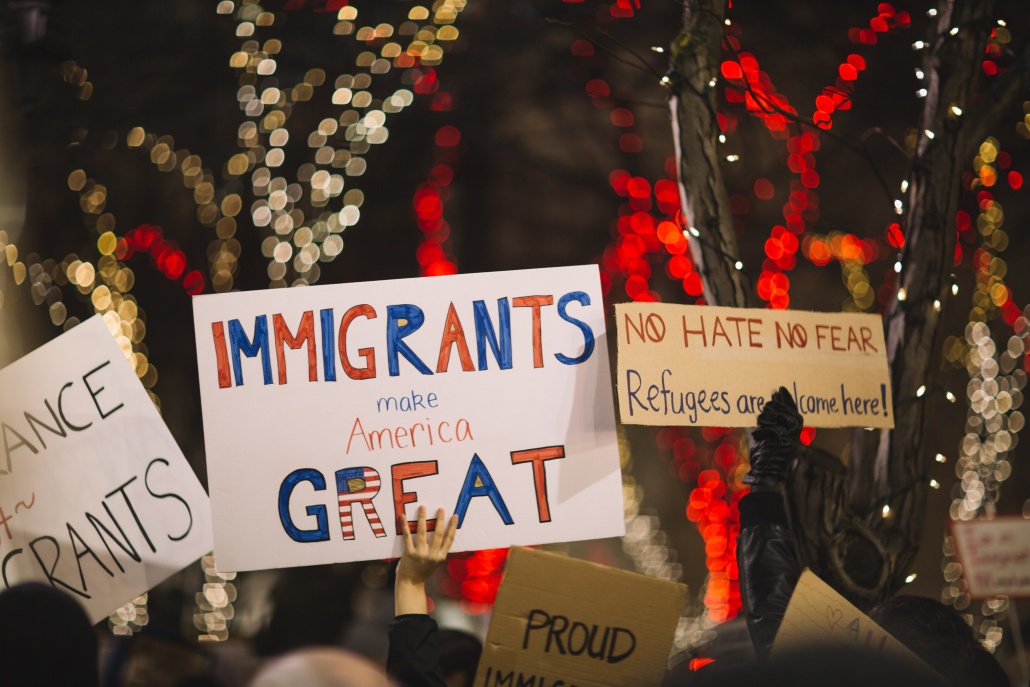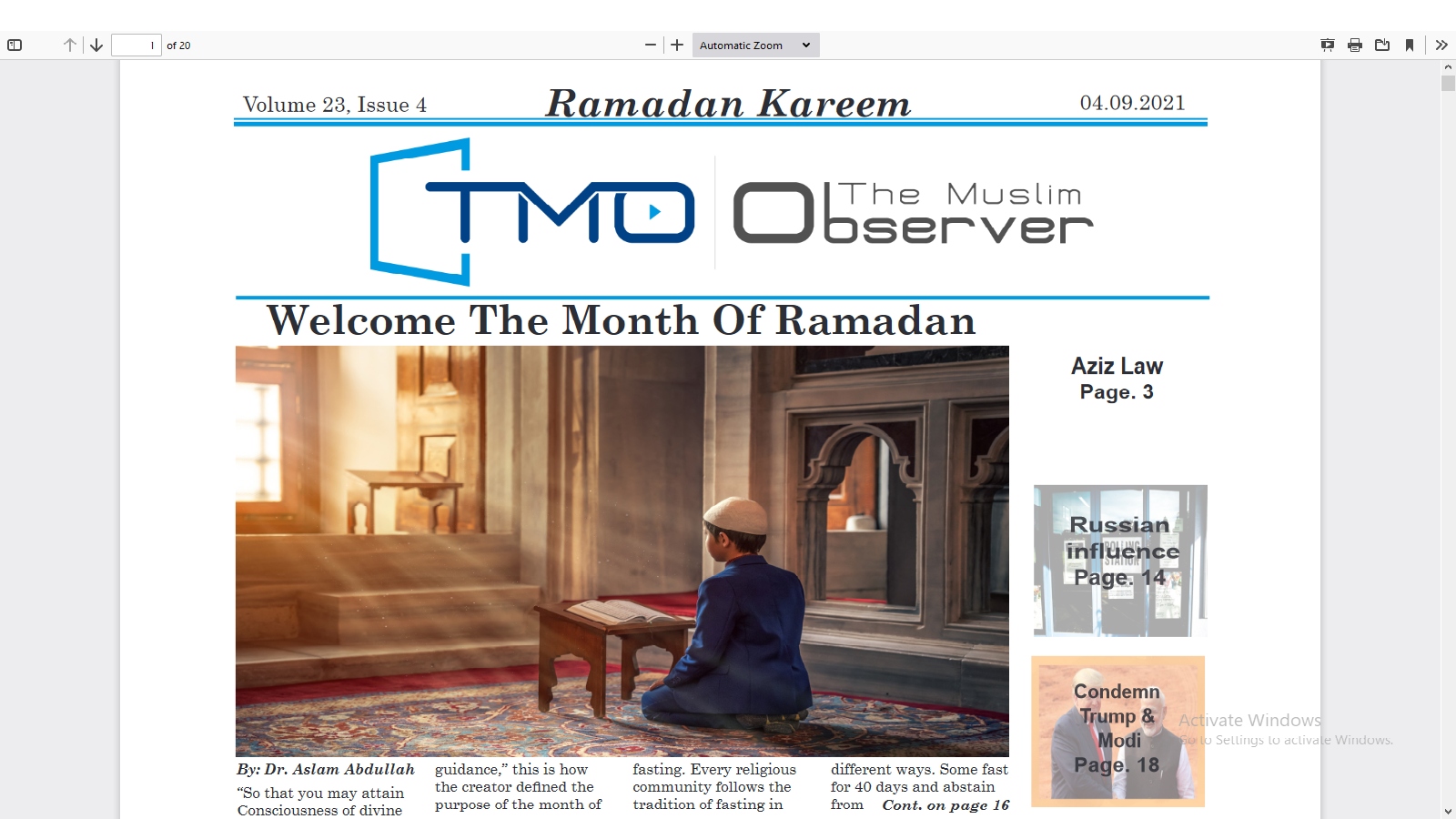Trump has expanded his travel ban to six more countries, effective February 22
by Aysha Qamar
Fear of a new travel ban, or Muslim ban, circulated through the Whitehouse when documents were internally shared in January. Now that fear has become a reality with President Donald Trump’s announcement of extending his travel ban Jan 31. Trump signed a new order, effective Feb 22., which will target immigration from a majority of African countries. He has expanded his current travel ban to six more countries including Nigeria, Myanmar (Burma), Eritrea, Kyrgyzstan, Sudan and Tanzania. While the first four listed will experience suspensions in immigration visas, Sudan and Tanzania will be barred from the U.S. diversity visa program, which awards green cards to immigrants. According to the Department of Homeland (DHS) officials, the new travel ban will not apply to non-immigration visas, including tourist visas.
Trump signed the first travel ban executive order in 2017 at the end of his first week in office as part of an attempt to uphold his campaign promise of barring Muslims and creating a “complete shutdown of Muslims entering the United States.” The current travel ban in effect, which was approved by the Supreme Court in 2018 after modifications were made, includes Iran, Syria, Libya, Venezuela, North Korea, Yemen, and Somalia.
BuzzFeed News reports that the DHS media team has been preparing for questions regarding the new plan:
“Q: How many of these countries are majority Muslim? A: DHS did not consider or even research the predominate religion practiced in these or any country as part of its review. As a result, we would refer you to publicly available information about the demographics of these countries,” read one answer of a document titled “response to queries.”
The document appears to be a set of questions the agency predicts it will receive as the proclamation is announced and includes questions like “why are these countries facing travel restrictions?” and why the new restrictions include fewer visa categories than the initial travel ban.
Two years ago, when I read the news that the U.S. Supreme Court ruled in a 5-4 vote to uphold Trump’s travel ban on immigration from several Muslim-majority countries, I thought back to my first experience in public school. My parents removed me from a full-time Islamic school after Sept. 11 out of fear of the threats the school kept receiving. Don’t get me wrong: They still fully practiced Islam, but they thought that as elementary school children, my brother and I should not be fearing for our safety every day.
I was excited to attend a new school and make new friends. As a proud Pakistani I never thought I’d want to hide my identity, and looking back on the conversations I had as a fourth-grader is baffling. Only days after starting to attend my new school, a friend told me they couldn’t speak to me anymore because my country hated America. I was confused: My country was America. I later learned she assumed I was from Afghanistan and was under the impression that all Afghans hated America.
Years later, reading about our president’s plan to further limit Muslim tourism and immigration from Muslim countries brings back similar feelings. I remember before the countries listed were officially announced I hoped Pakistan would not be on the list and today, again, that fear arises. As the Trump administration plans to expand its travel ban, I fear for my roots, I fear for my family, and I fear for this country.
As the presidential election approaches, Trump is expected to once again campaign on his promises to end illegal immigration and fight terrorism in his bid for reelection. His hate toward Muslim countries, citizens, and refugees seeking asylum is vividly displayed in the policies he creates and the conversation he invokes. We can only hope that legislators, advocates, and communities will continue to stand up against his bigotry and end the possibility of another Muslim ban before it is in place.


















2020
1,044 views
views
0
comments